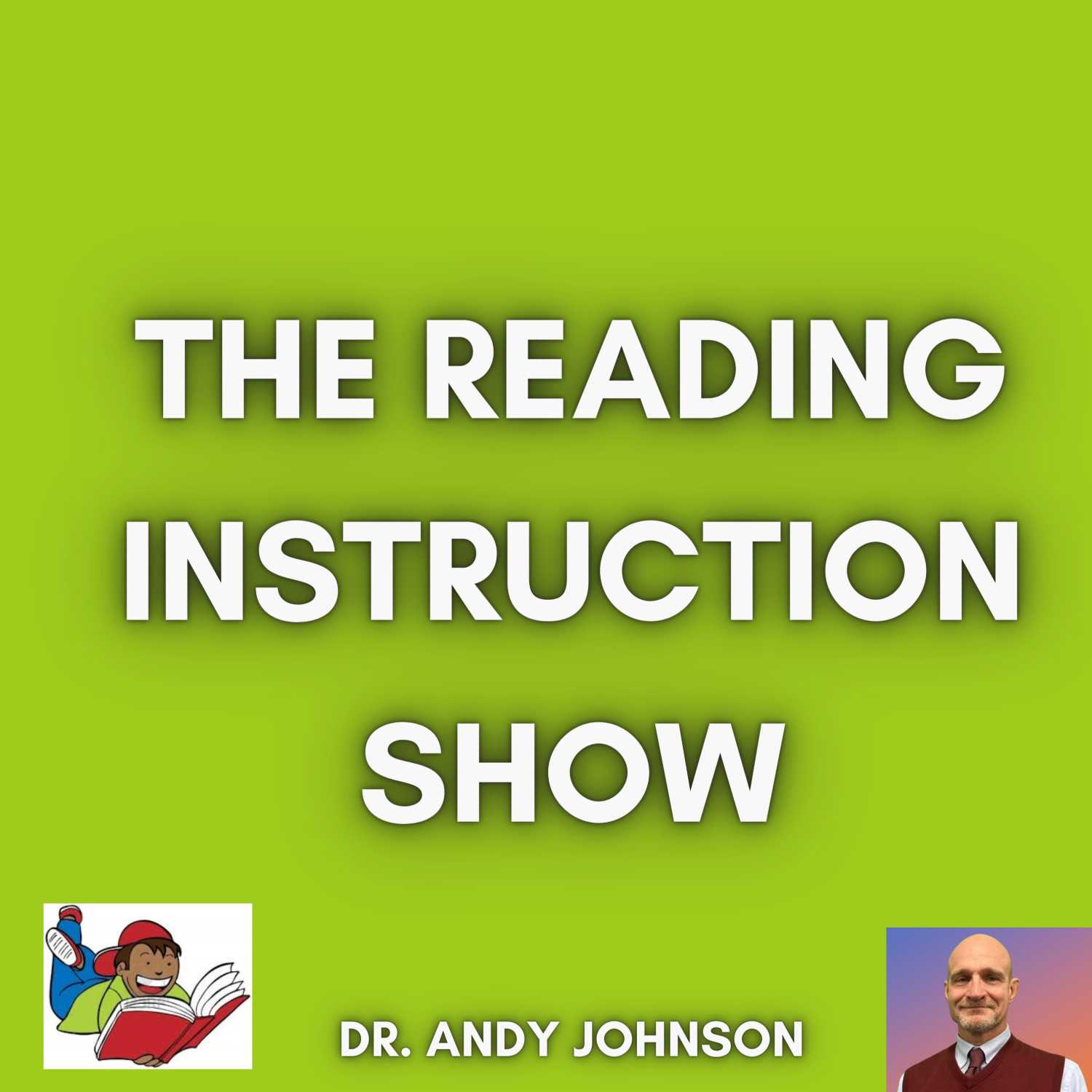- After-Shows
- Alternative
- Animals
- Animation
- Arts
- Astronomy
- Automotive
- Aviation
- Baseball
- Basketball
- Beauty
- Books
- Buddhism
- Business
- Careers
- Chemistry
- Christianity
- Climate
- Comedy
- Commentary
- Courses
- Crafts
- Cricket
- Cryptocurrency
- Culture
- Daily
- Design
- Documentary
- Drama
- Earth
- Education
- Entertainment
- Entrepreneurship
- Family
- Fantasy
- Fashion
- Fiction
- Film
- Fitness
- Food
- Football
- Games
- Garden
- Golf
- Government
- Health
- Hinduism
- History
- Hobbies
- Hockey
- Home
- How-To
- Improv
- Interviews
- Investing
- Islam
- Journals
- Judaism
- Kids
- Language
- Learning
- Leisure
- Life
- Management
- Manga
- Marketing
- Mathematics
- Medicine
- Mental
- Music
- Natural
- Nature
- News
- Non-Profit
- Nutrition
- Parenting
- Performing
- Personal
- Pets
- Philosophy
- Physics
- Places
- Politics
- Relationships
- Religion
- Reviews
- Role-Playing
- Rugby
- Running
- Science
- Self-Improvement
- Sexuality
- Soccer
- Social
- Society
- Spirituality
- Sports
- Stand-Up
- Stories
- Swimming
- TV
- Tabletop
- Technology
- Tennis
- Travel
- True Crime
- Episode-Games
- Visual
- Volleyball
- Weather
- Wilderness
- Wrestling
- Other
Jessica Winter, Lucy Calkins, and the Way to Get Good Reading Instruction
Jessica Winter is an editor at The New Yorker, where she also writes about family and education. She wrote an article for the New Yorker entitled, ‘The Rise and Fall of Vibes-Based Literacy’. In this series of podcasts, I’m analyzing this article because it describes or mis-describes reading instruction. As I started reading, I soon realized that Jessica Winter had no idea of what she was talking about. Her misrepresentation and un-understanding could have a negative impact if readers actually take her seriously. Since the New Yorker has a circulation of over a million readers, I felt I should say something. Will my humble little podcast actually make a difference? Will it change anybody’s mind? Jessica Winter’s article represents everything that’s wrong and harmful about the current Science of Reading movement. That’s why I’m analyzing it. It’s based on a knowledge base related to reading instruction that’s shallow and disjointed at best. It relies on anecdotes, personal experiences, and emotions to create a picture that’s not at all accurate. And like the science of reading movement, this article uses a very un-scientific process to try to understand reading instruction. And when you use un-scientific methodology to come to know things you must expect to get cartoonish portrayals and misinformation. It is a bit ironic that a movement with “science” in the title (science of reading), is in actuality so very unscientific in its methods used to understand reading reality.

